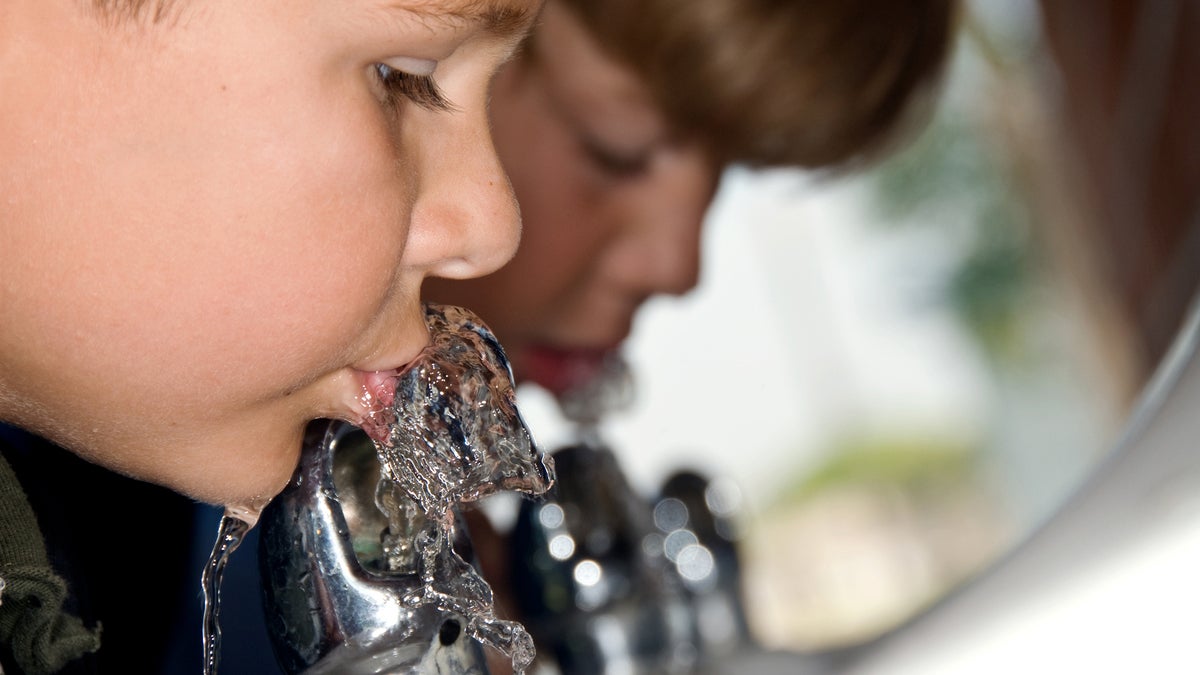New Jersey Dems want all schools to test water for lead

A U.S. Government Accountability Office survey polled school districts across the country on testing for lead in drinking water in 2017. Fewer than half of those surveyed did testing; of those that did, more than a third found elevated levels. (Bigstock/Kelpfish)
A bill proposed by Democrats in the New Jersey’s Senate would require all schools in the state to test drinking water for lead contamination.
Lead is coming from the pipes that carry water into the schools, said Senate President Steve Sweeney.
“You have schools in Newark that were built back when Lincoln was president. There was lead when they put the pipes together,” he said Monday. “We know we have a problem, but the costs of not poisoning our children, you can’t worry about that, and we have the ability to fund it.”
Sen. Teresa Ruiz said the legislation would allocate $3 million from the state to reimburse school districts for the testing. Another $20 million from the Clean Energy Fund would cover installation of a water filter or treatment device to remove lead from school water fountains and sinks.
“The Clean Energy Fund is projected to have a fund balance of $147 million,” said Ruiz, D-Essex. “So when we think of appropriating $20 million in a proactive measure to put filters on sources that can come into a child’s body, it’s certainly something that seems very easy when you do the math.”
It’s a public health crisis that can no longer be ignored, added Sen. Ron Rice, also D-Essex.
“The reason we need to look at everything is primarily because older cities with older buildings, the majority of them I can almost guarantee you, have lead problems and may not be aware and taking care of it,” he said.
Eventually, Sweeney said, old pipes carrying water into schools will have to be replaced. Preventing lead poisoning will be worth the cost.
“It’s expensive, but poisoning children, you can’t justify because it costs too much to replace the pipes that we know have lead in them,” said Sweeney, D-Gloucester, adding that low-interest loans are available to help schools pay for replacing the water infrastructure in older school buildings.
WHYY is your source for fact-based, in-depth journalism and information. As a nonprofit organization, we rely on financial support from readers like you. Please give today.




